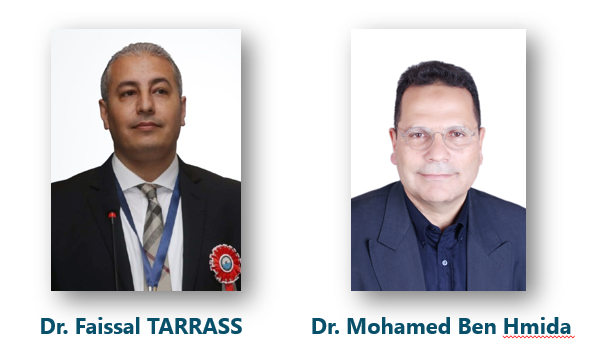
Hemodialysis is one of the most water-intensive treatments in modern healthcare — but how can we make it more sustainable in regions already facing water stress?
Join us this month as we explore lessons from North Africa, where dialysis providers confront daily challenges of water scarcity. From the realities of service disruption in Tunisia to innovative strategies for reusing reverse osmosis reject water and spent dialysate in Morocco, our speakers will share practical insights into building climate-resilient kidney care through smarter water management.
📑 Agenda
1️⃣ Introductions – 5 min
2️⃣ Prof. Mohamed Ben Hmida – Professor of Nephrology at the Department of Nephrology, Hedi Chaker University Hospital, Sfax, Tunisia, and Faculty of Medicine, University of Sfax. His research and practice focus on the clinical, logistical, and environmental challenges of dialysis in water-stressed regions. He has worked extensively on implementing sustainable “green dialysis” strategies, including reverse osmosis upgrades, water reuse, and circular water management, emphasizing resilience and stewardship in arid and semi-arid areas.– 15 min
- 💧 The reality of water shortages affecting dialysis provision today
- 🔄 Practicalities of implementing collection of RO reject water in HD units (and insights into scaling up)
3️⃣ Dr. Faissal TARRASS, MD, PhD – Nephrologist and Director of the Center of Hemodialysis 2 Mars in Casablanca, Morocco. Trained in Casablanca and Grenoble, he has received multiple honors including the 2025 ERA Award for Excellence in Sustainable Nephrology. His research focuses on climate-resilient dialysis solutions and circular economy applications in nephrology, with contributions to international conferences, peer-reviewed journals, and the KDIGO Controversies Conference on Green Dialysis – 15 min
- 🌱 Potential and challenges of reuse of RO reject water in agriculture
- ♻️ Opportunities and challenges for reuse of spent dialysate
4️⃣ Q&A & Discussion – 25 min
🌐 Session Summary
This session will explore innovative approaches to dialysis wastewater management through circular economy principles. Attendees will learn how reverse osmosis reject water reuse and spent dialysate recycling can:
- ⚡ Achieve 30–50% carbon emission reductions
- 💧 Conserve scarce water resources
- 🛡️ Maintain patient safety and clinical efficacy
Speakers will share real-world experiences from North Africa and discuss how nephrology can build climate-resilient healthcare systems.
💡 Don’t miss this chance to be part of the conversation — join us to discover how every drop of water saved in dialysis can help build a more sustainable future for kidney care.
Looking forward to this!🙏
Great topic with great speakers. Thanks
Please log in or sign up to comment.